Residents of Pennsylvania sometimes get into sticky financial situations. In these trying times, everything seems extra stressful. The last thing anyone needs is debt collector harassment on top of everything else.
But what is debt collector harassment? What actions constitute harassing behavior? Today we will take a look at the answers to these questions.
What is debt collector harassment?
The Consumer Financial Protection Bureau examines harassing actions debtors may take. They are not all physical. In fact, the Fair Debt Collection Practices Act (FDCPA) defines what harassment is. According to this act, harassment is any activity intended to abuse or annoy a victim.
A few examples of harassment include:
- Use of profane or obscene language
- Threats of harm or violence
- Repeated phone calls intended to annoy or abuse
- Calling without self-identifying
- Publishing information to the public to shame or blacklist people in debt
Harassment does not always involve threats
Classic debt collector harassment includes repeated phone calls or letters containing threats. These threats often insinuate or state that they will take a homeowner’s house. They may talk of the homeowner’s family becoming homeless.
Another common tactic revolves around the notion of “spooking” the homeowner into compliance. For example, a debt collector may park their car outside of the homeowner’s house. They do not enter their property. They do not send any threatening message. But their presence serves as a “warning” and a message that they are watching the homeowner.
There are several ways to ensure debt collectors and agencies leave you alone. One way is to file for Chapter 13 or Chapter 7 bankruptcy. In doing so, creditors face legal repercussions if they continue to harass you.


